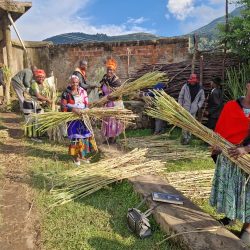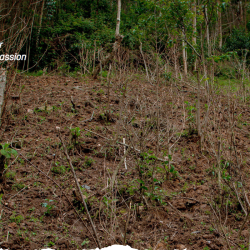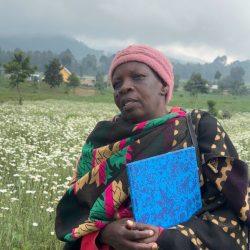Domestic Energy Saving Cook Stoves – Saving Forests and Lives!
Blog | 23/05/24
Most park-edge communities around Bwindi Impenetrable National Park use wood for cooking. Alternative fuel sources are either inaccessible or unaffordable. Traditionally, homes have open fireplaces/cooking stones which are extremely inefficient and hazardous to life and health. Individuals buy firewood or harvest it from their farms while some of the community members illegally collect firewood from the park.
In its climate smart interventions, the Vanishing treasures project introduced households to the use of domestic energy saving cook stoves. The stoves are smarter. They use very little wood and cook faster. Tereza Tukahirwa a mother of 5 shares that in the past one would spend about 3 hours collecting a bundle of firewood that would only last a day. Cooking took 5-6 hours at most.
However, with the new cook stoves, one uses the same amount of firewood for a week or so, and about an hour or two to have food ready. Tukahirwa adds that the new method is time saving, it allows one to do many other home errands at the same time.
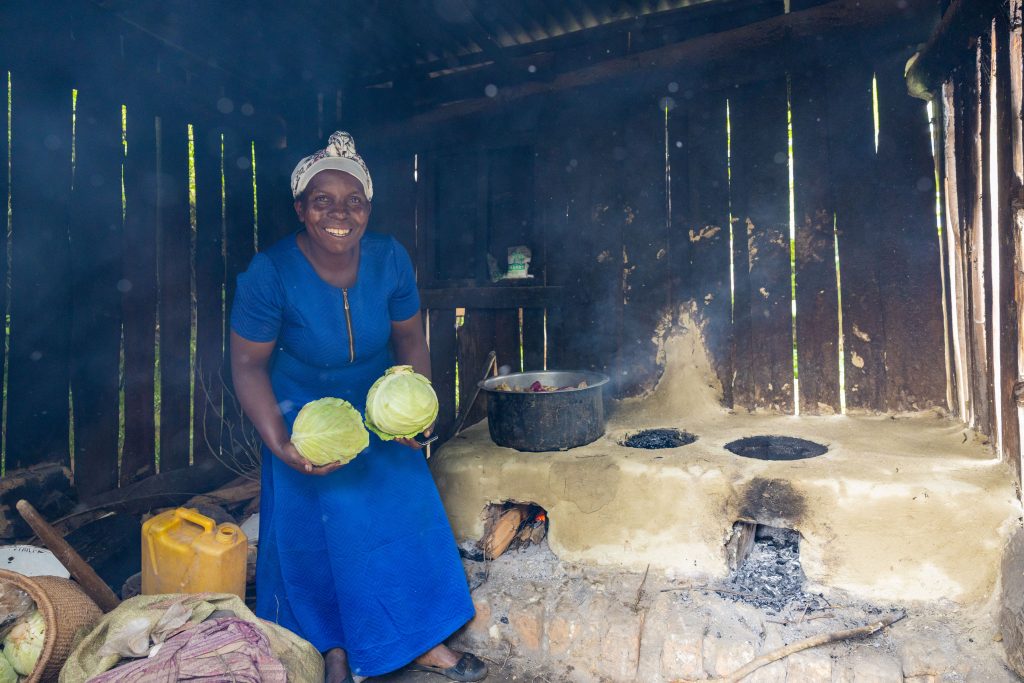
“The introduction of energy saving cook stoves has reduced deforestation because of the small amount of firewood used, it has also provided an income for the rural woman especially those that have mastered the skill of constructing the cook stoves and turned it into a business opportunity. If more people adopt their use and plant trees in their compounds for fuel, then the park and its wildlife therein will be safe and secure” says Dickson Katana, Warden in-charge, Southern Sector Bwindi Impenetrable National Park.
For Peninah Mushabe the cook stove is not only her cooking solution but also a business opportunity. Peninah constructs cook stoves for community members who need them at a friendly fee. One cook stove goes for UGX 20,000 (5 $) and takes about 3 hours to get done. Peninah uses the money from the stoves to take care of her domestic needs. In the past Peninah dug people’s gardens for a living. She earned about UGX 5000 (1$) from a day’s job however all that has changed. “I am grateful to IGCP and particularly to this project for empowering me with practical knowledge and life skills. I am glad that I quickly mastered the art of constructing the energy saving cook stoves. Since the training I have been able to construct 15 stoves for free for the members and over 10 stoves too for money” says Peninah.
According to Peninah people are quickly adopting the use of domestic energy cook stoves making the demand for her services high and allowing her a continued source of income.
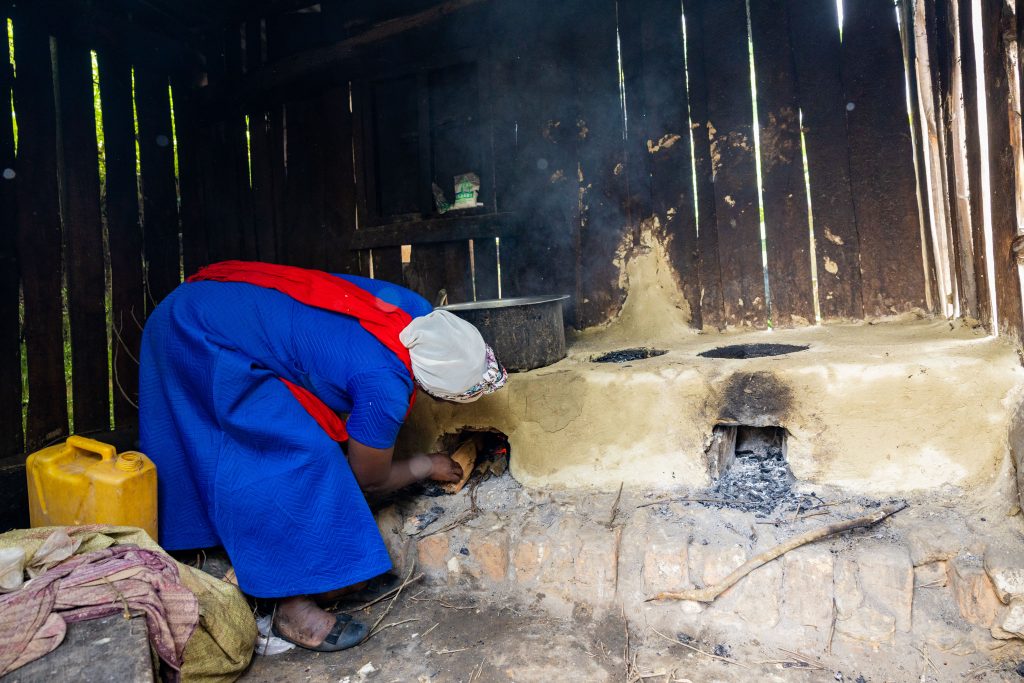
Commenting on the innovation, Prisca Nshemererwe, a resident of Ntungamo village says the energy saving cook stoves are not only a great cooking solution and but also a good way to conserve the environment. Prisca says besides cooking faster with a few pieces of wood, the stoves allow for one to cook 2-3 different meals at the same time because of its nature. Meals are now eaten hot and on time. “Because less wood is used deforestation will gradually go down” Prisca notes.
According to, Kenneth Kabebasiza, the Vanishing Treasure’s Project Assistant the beneficiary community was also taught about the dangers of deforestation and the importance of conserving the natural resources around us especially forests. Participants were encouraged to plant trees on their farms to meet their various fuel, timber, and fruit needs. Prisca reveals that she has been able to plant 100 trees on her farm, while Emmanuel Byamukama from Nombe village says he has planted over 1000 trees and Jackson Karuhije planted over 1000 trees while Felesta Tumwine planted about 300 trees. The Vanishing treasures project supplied about 1,296 fruit trees to the community. Apart from providing fruits for eating and boosting household income, the trees provide fuel for cooking.


